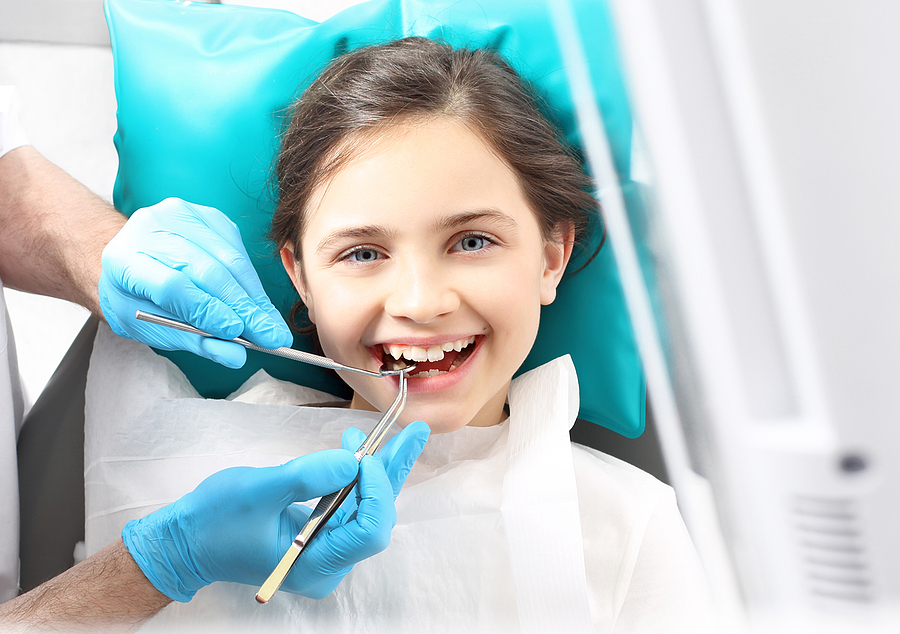
Early Prevention
Early Orthodontic Treatment for Children
What is the difference between early orthodontic treatment and regular orthodontic treatment, and why might my child need early treatment? How will early treatment benefit my child in the long run?
These are just a few of the questions surrounding the topic of early orthodontic treatment for children. The American Association of Orthodontists recommends that children see an orthodontist as early as age seven. At this point the orthodontist will evaluate whether your child will need orthodontic treatment.
- Early treatment (also known as Phase One) typically begins around age eight or nine (Phase Two will begin around age 11 or older). The goal of early treatment is to correct the growth of the jaw and certain bite problems, such as underbite. Early treatment also helps to make room for permanent teeth to come in properly, lessening the chance of extractions in the future.
How to tell if your child may need early orthodontic treatment:
- Early or late loss of baby teeth (your child should typically start losing teeth around age five, and will have all permanent teeth around age 13)
- Difficulty chewing and/or biting
- Mouth breathing
- Your child continues sucking his or her thumb after age five
- Speech impediments
- Protruding teeth (the top teeth and the bottom teeth extend away from each other)
- Teeth that don’t come together in a normal manner or even at all
- Shifting of the jaw when your child opens or closes his or her mouth (crossbites)
- Crowded front teeth around age seven or eight
What causes orthodontic problems, and how will early treatment benefit my child?
Orthodontic problems such as crowding of the teeth, too much space between the teeth, jaw growth problems, protruding teeth, and bad bites can be inherited or caused by injury to the mouth, early or late loss of baby teeth, or thumb-sucking habits.
Most children lose all their baby teeth by age 13, and by the end of their teen years, the jaw bones will harden and stop growing. Orthodontic procedures for adults often take more time and can involve tooth extraction or oral surgery. Receiving early orthodontic treatment as a child can help prevent the need for orthodontics as an adult, leaving little to no chance of extraction or surgery in the future but that is not always the case.
If your child is between the ages of seven and eight and shows signs of needing orthodontic care, or if you have been directed by your family dentist to visit the orthodontist, please contact our practice and schedule an appointment. Our team will provide your child with an initial exam, and discuss with you the best steps to take toward caring for your child’s smile.


